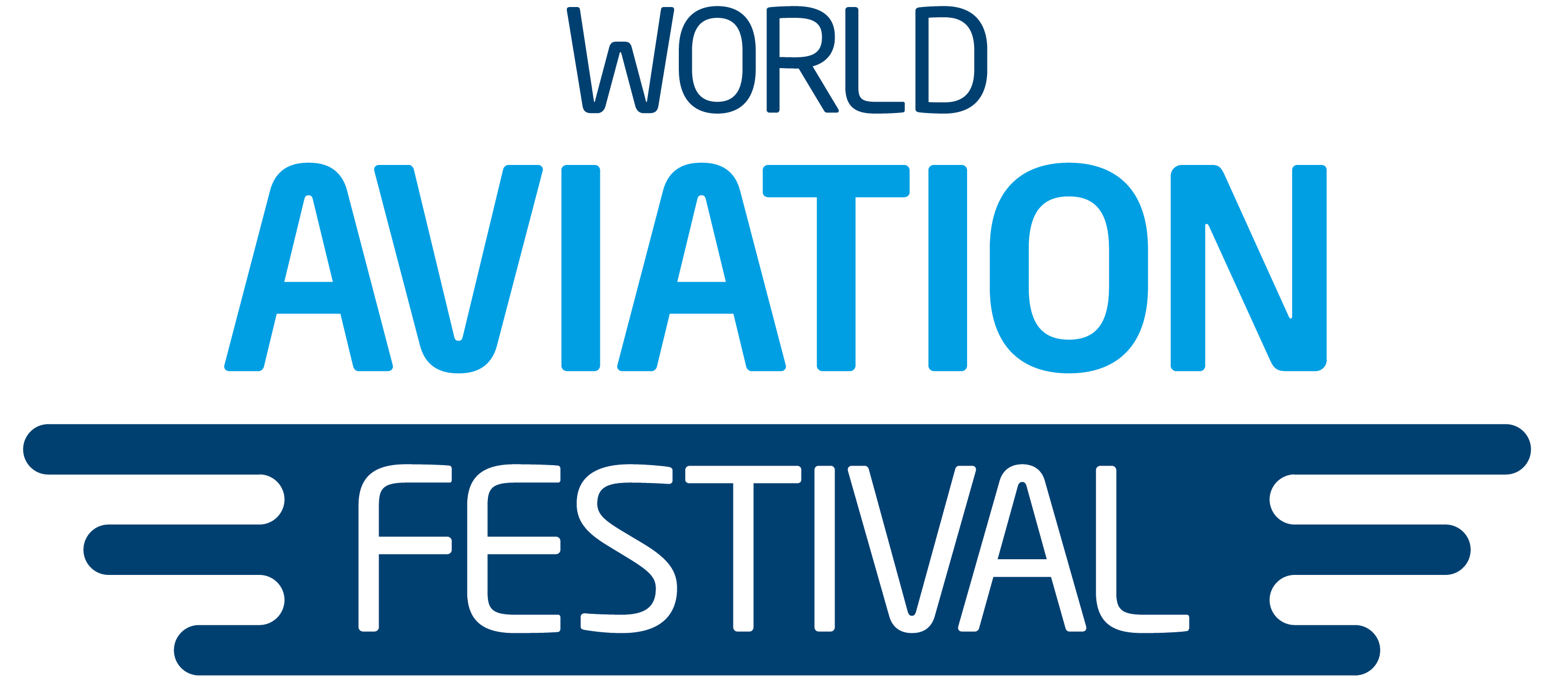That’s why Amadeus undertook Travel Technology Investment Trends 2024, a major research study with more than 1,200 technology leaders from across the travel industry, including 100 airline leaders. The research benchmarks how airlines are placing their bets when it comes to digital transformation.
Let’s look at the findings.
Airlines told us they’re planning to increase investment in technology by an average of 13% year-over-year. While that’s a little less than airports, it’s a bit more than several other areas of the travel sector. Certainly, enough to make a real impact and push forward digital transformation.
It’s all about the experience
One of the most encouraging findings from the study was data on what airlines consider to be the biggest priorities in airline technology right now. Or, in short, ‘why’ are they making these investments?
With all the talk of modern retailing, you’d be forgiven for thinking revenue generation is priority number one. However, the top reason was to ‘improve the passenger experience at the airport’, the second to ‘deliver an outstanding experience across the entire journey’, and the third to ‘modernize network management’, from a list of 15 options. None of these options are directly about making more money.
I think that says a lot about the ambition of the industry – there’s a genuine desire to improve the experience of flying.
Elsewhere, environmental concerns were a major driver for investment over the coming year. When asked about the top objectives driving investment, two thirds of FSCs cited ‘sustainability’ for the next 12 months. With passenger expectations continuing to evolve in this area, airlines are working to respond.
Airlines are investing in better operations
With 67% of airline leaders confirming they are seeing similar or higher levels of disruption than 2019, it’s clear any new capabilities that can improve operations are welcome. Perhaps that’s why airlines in our study said they are investing in tools to improve network and schedule planning – it’s a top priority for full-service carriers.
Full-service carriers also told us a challenge they face is rebuilding schedules due to limited historical data, meaning they aren’t able to easily adjust schedules to balance profitability and on-time performance.
This is a hugely topical area across the industry and one where advances in Artificial Intelligence (AI) mean we can do things differently. Whereas planning teams once had to rely on expert judgement, they now benefit from sophisticated models that simulate the operational and business impact when they tweak plans. I’m excited to see this area in focus and look forward to working with our customers.
Modern retailing momentum
A big focus of our study was gauging airline attitudes to the transformation to modern retailing.
In short, airline leaders are excited. Full-service carriers anticipate modern retailing will deliver an 18% boost to revenues and estimate the transformation will be complete in just four years. Personally, I don’t think we should put too much focus on these averages. Some airlines may indeed make the switch in four years, but I suspect it will take others much longer. For us at Amadeus, what’s important is working with each of our airline customers at their own pace.
Looking below the headline numbers, we can see that many airlines plan a ‘gradual shift’ to new Offer & Order management technology over the coming years. We can also see that a significant minority of pioneering carriers are acting now, with a third planning to implement Offer creation and Order management this year and 20% expecting to have Dynamic Pricing in place this year too.
This retailing transformation is creating a paradigm shift in the way the airline industry functions and will require a brand-new set of skills. So, it’s reassuring to see the investment in talent is happening already. For example, around 40% of airlines surveyed have already hired additional IT talent and put detailed business plans in place for the transformation. Most other airlines said they’re starting to work on such preparatory steps.
But it’s not just retailing, it’s delivery too
In addition to packaging compelling offers, the move to modern retailing should also see airlines improve how they ‘deliver’ to passengers at the airport. According to senior airline leaders, 65% of airlines are planning to roll out biometrics at key service points like check-in, bag-drop and boarding over the next three years, to improve the airport experience. A similar level of enthusiasm was expressed for self-service capabilities and 63% of airlines told us they’re moving to the cloud so they can serve passengers from any location, inside or outside the airport terminal. So, there’s significant investment happening across the entire end-to-end airline customer experience.
It’s an exciting moment to be working in the airline industry, with transformative technologies like Generative AI and biometrics set to enter widespread service, enabling the modern retailing transformation. The findings of this study support the increased investment Amadeus is making in these areas to support the industry’s move to modern retailing. As we move forward with these major changes, I’m encouraged that airlines appear to be placing the passenger experience at the center of the transformation.
If you want to know more about how airlines are placing their digital transformation bets, I’d encourage you to read our latest report.
Article by Amadeus





